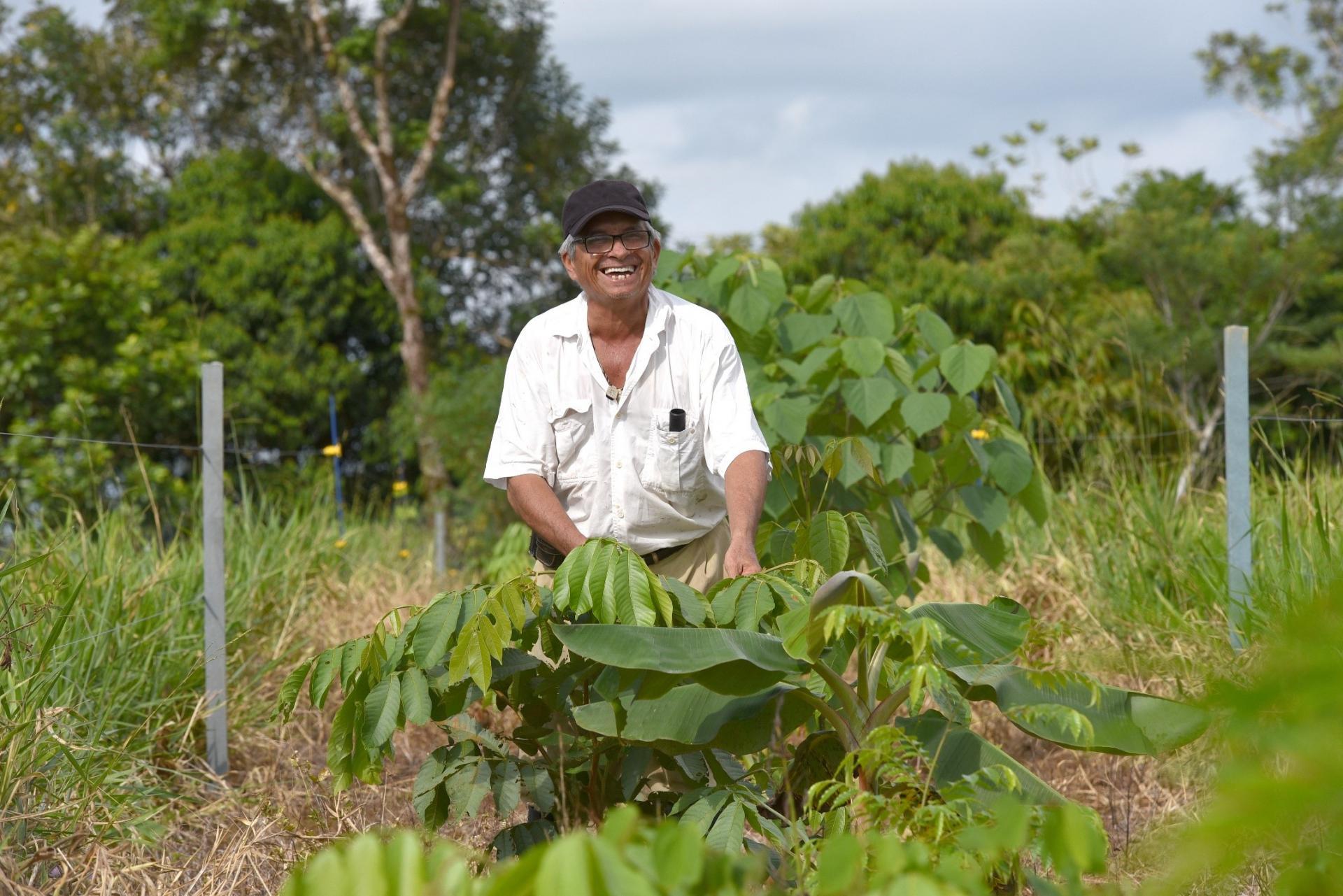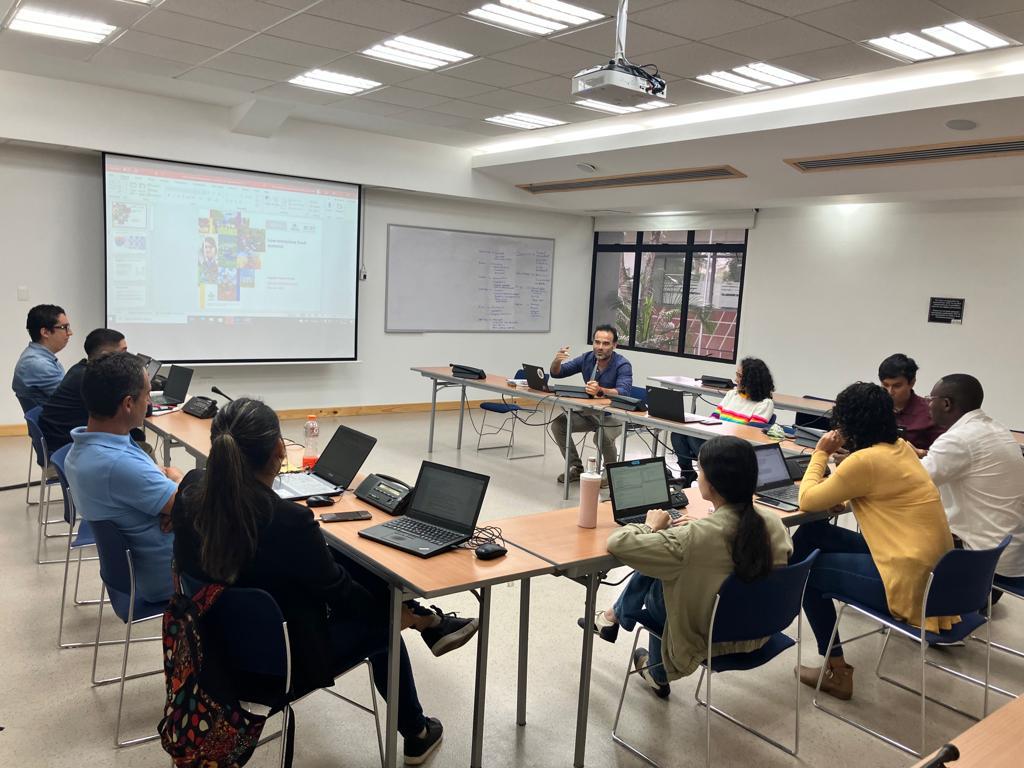Blog What is LEFS?: Know about the team that scales research-based solutions toward low-emission food systems

At COP 27 in Sharm el-Sheikh, the parties to the United Nations Framework for Climate Change Convention agreed that the “best available science” must provide the basis for implementing the agreement. Implementation here means pursuing “ambitious, just, equitable and inclusive transitions to low emission and climate-resilient development.”
Providing the “best available science” toward low-emission food systems and thus development is among what the research sub-lever headed by Dr. Augusto Castro-Nunez at the Alliance of Bioversity International and International Center for Tropical Agriculture aims to do.
The Low-Emissions Food Systems sublever (LEFS) specifically has a mission to develop and scale research-based solutions that contribute to transforming food and land systems into low emitters of greenhouse gases and delivering sustainable development co-benefits.
“If we want to achieve the goals of the Paris Agreement, it’s imperative we mold food systems into mechanisms that not only nourish people and guarantee their access to food but also be a friend to the natural environment,” said Castro-Nunez.
What started as a team of four researchers in 2017, LEFS has grown to become a multidisciplinary group with more than a dozen of experts on environmental conservation, zero-deforestation value chain approaches, modeling, econometrics, agribusiness and peacebuilding. They include Ph.D. candidates, a great number of whom are women.

Dr. Augusto Castro-Nunez, senior scientist presides over a meeting with member of LEFS mission sub lever. By: Ma. Eliza J. Villarino.
LEFS focuses its work on conflict-affected settings. As a recently published paper indicates the importance interlinks between climate mitigation and peacebuilding, that is, climate change and conflict often coincide in the same places and as such would need to be addressed together.
Establishing close collaboration with key stakeholders in target countries, particularly those involved in different aspects of the food system, is at the core of the work of LEFS. These would include farmers, the government, donor community and the private sector.
“Engaging with national stakeholders is critical to transforming food systems,” Castro-Nuñez said, “It is only through this that we can develop the conditions that will enable the adoption of research-based solutions toward low-emission food systems.”
Through its work under the Sustainable Land Use project that Germany’s International Climate Initiative funds, LEFS has influenced discussions relevant to zero-deforestation efforts in important sectors, such as cocoa and dairy, in Colombia. The baseline study that the team conducted provided the basis for the implementation of the Cocoa, Forests and Peace Initiative in the country.
In addition, the team is involved in three global and regional initiatives of CGIAR. These are Mitigate+, which aims to “reduce annual global food systems emissions by 7 percent by 2030 by working closely with key actors in the target countries to ensure they are equipped to make evidence-based decisions and address challenges in food systems discourse, policy development and implementation to reduce greenhouse gas emissions”; Agrilac Resiliente, which seeks to enhance the resilience, sustainability and competitiveness of agrifood systems in Latin America and the Caribbean; and National Policies and Strategies, which aims to strengthen policies and strategies through greater coherent and capacity to deliver food and water security.
The goal of the team is to engage with food system stakeholders in more countries in the global south. In doing so, the LEFS is keen on developing and scaling approaches that fit the context of the places where it will work. As noted in a paper co-authored by the team’s researchers, understanding could maximize benefits of efforts toward promoting sustainable food production, which is central to generating low-emission food systems.
